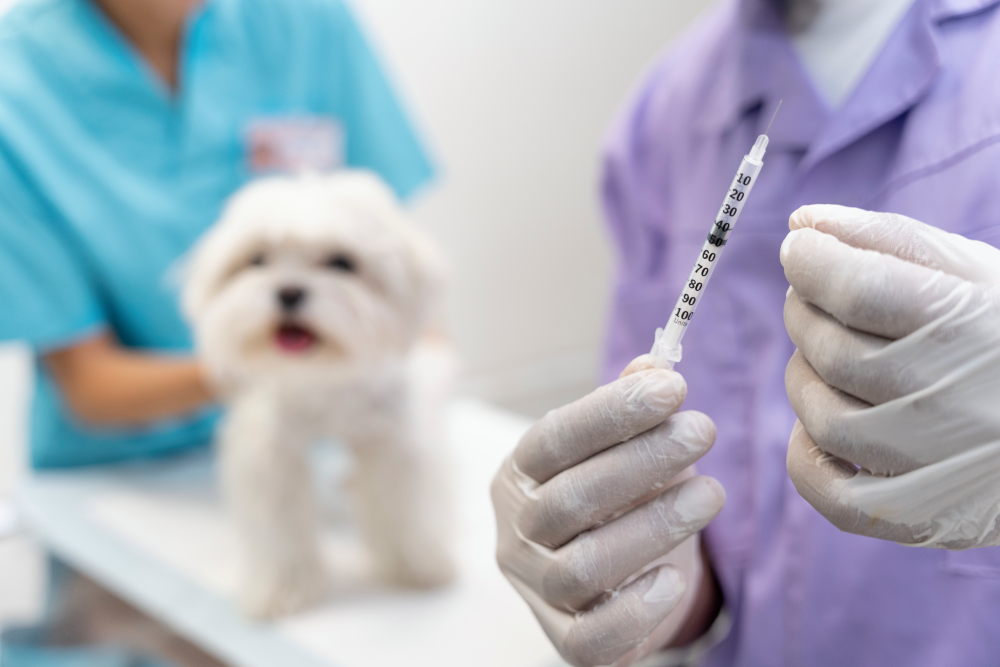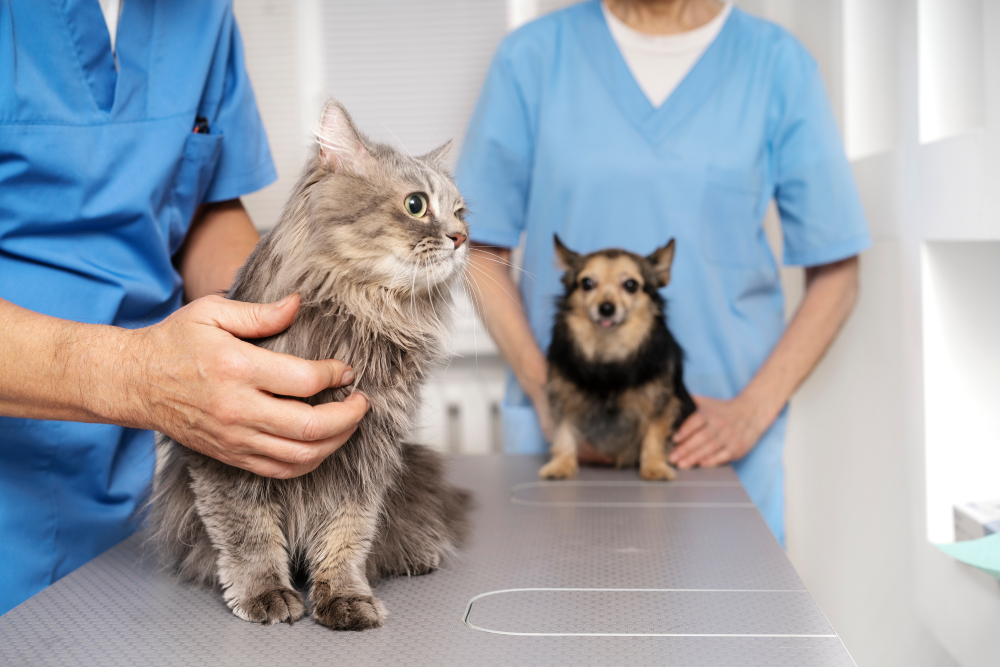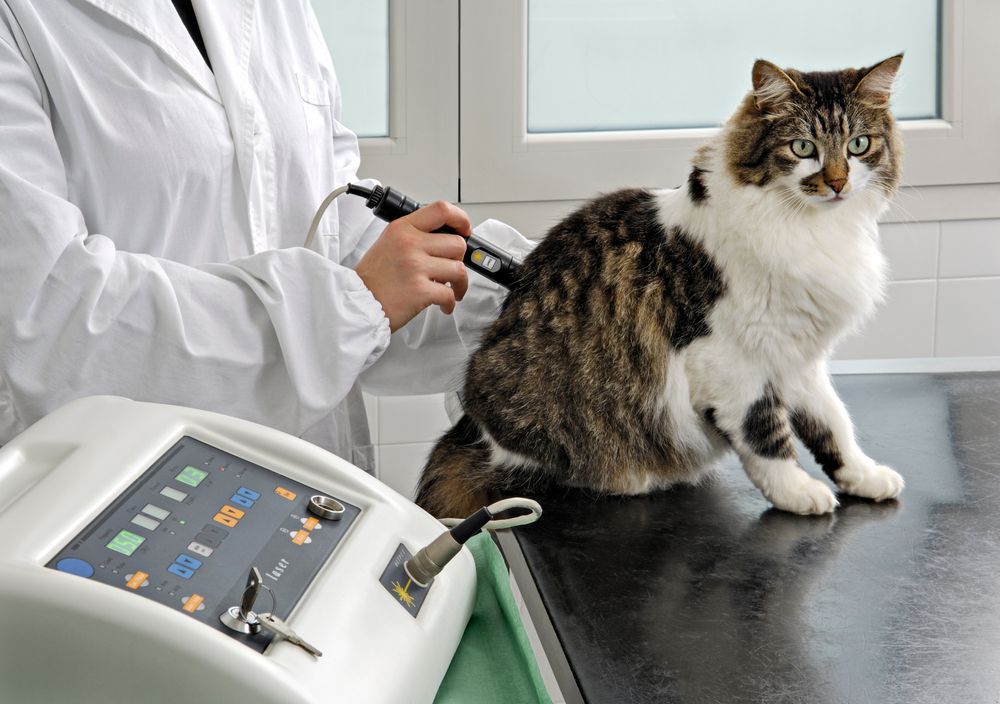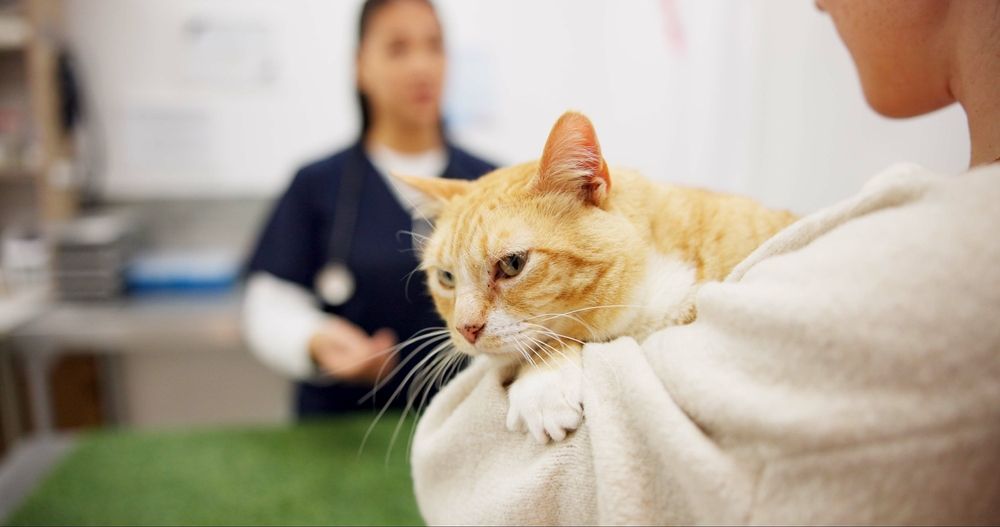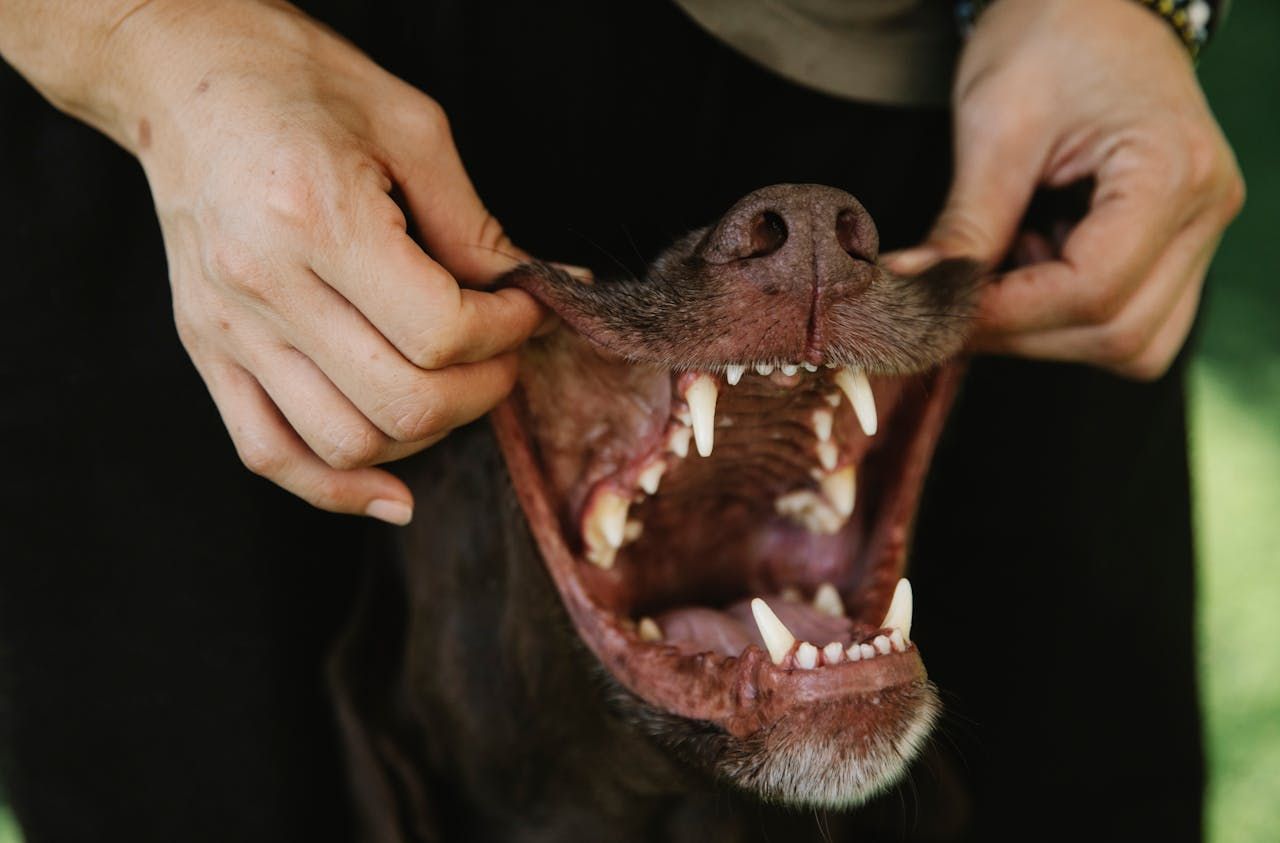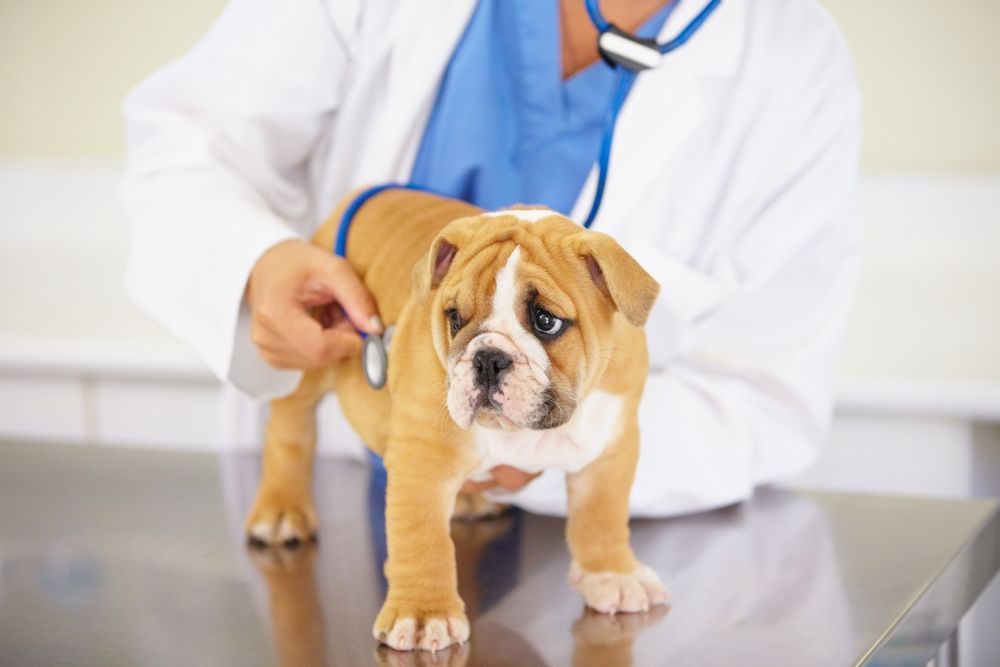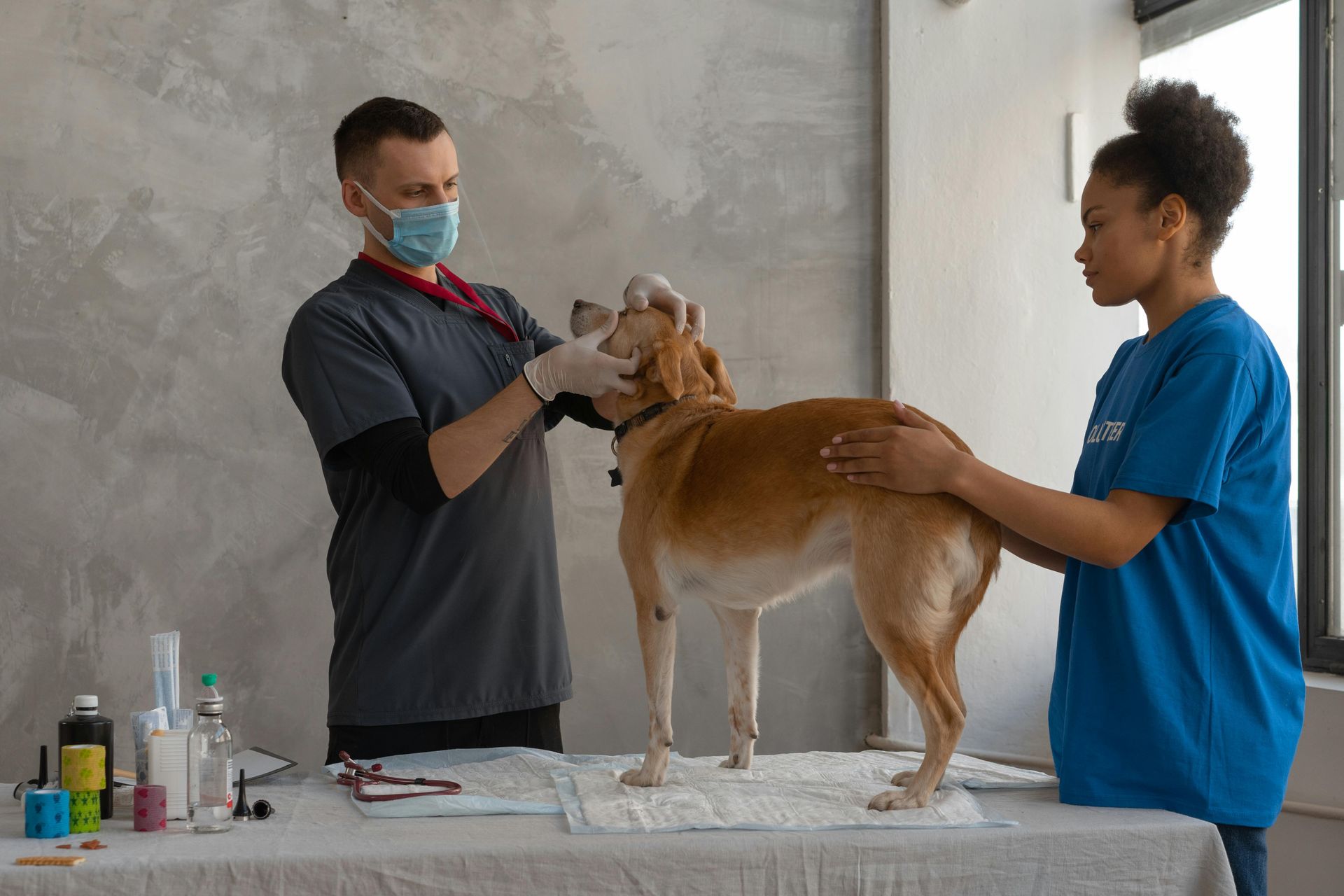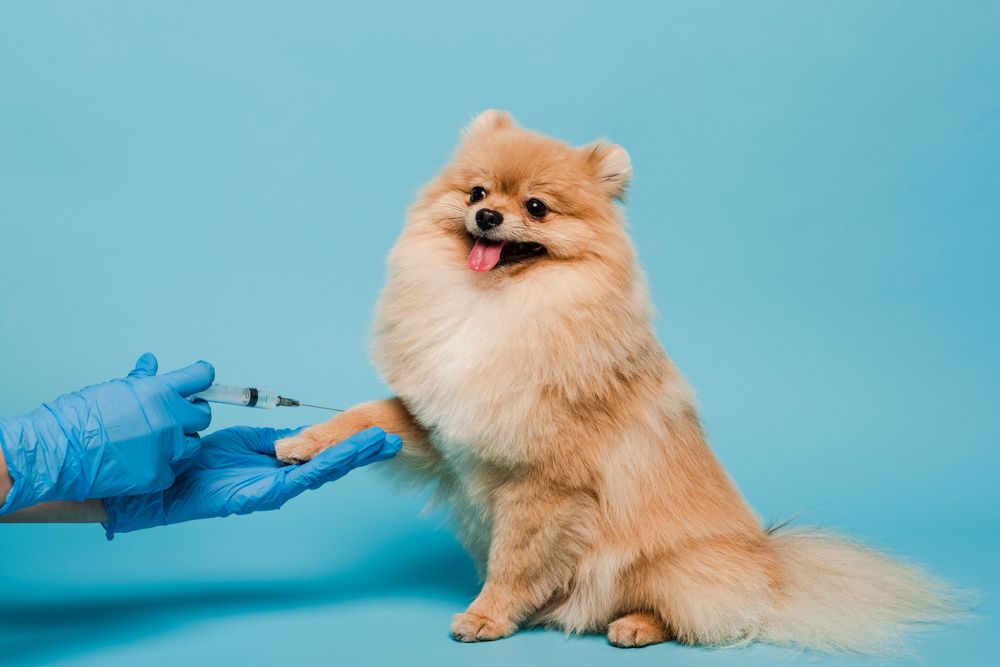Top 7 Signs Your Pet Needs a Veterinarian
Owning a pet comes with the joy of companionship and the responsibility of care. Recognizing when your furry friend needs professional help is crucial for their health and well-being. At Pet Medical Center of Ames, we understand the bond between pets and their owners and emphasize the importance of timely veterinary care. Here are the top seven signs indicating it's time to see a veterinarian :
1. Changes in Appetite or Water Consumption
A significant change in your pet's eating or drinking habits can be a red flag. Eating less could indicate dental issues or more severe internal conditions, while increased water consumption could signal diabetes or kidney disease. Either way, these changes warrant a visit to your trusted veterinarian.
2. Unusual Behavior or Lethargy
If your once playful pet is now lethargic or showing signs of aggression or fear, it might be time to dig deeper. Behavioral changes often signal discomfort or illness. Pets cannot vocalize their feelings, so observing their behavior is key to understanding their health needs.
3. Difficulty Breathing
Any signs of labored breathing, coughing, or wheezing are immediate red flags that should be addressed by a veterinarian as soon as possible. These symptoms could indicate respiratory issues, heart disease, or other critical conditions that require immediate attention.
4. Vomiting or Diarrhea
While occasional vomiting or diarrhea can occur in pets for various minor reasons, repeated or severe instances can lead to dehydration and indicate more serious underlying issues, such as infections, parasites, or dietary indiscretions.
5. Unexplained Weight Loss or Gain
Rapid weight changes without any alterations in diet or exercise should not be ignored. Weight loss can be a symptom of metabolic disorders or cancer, while weight gain may indicate hormonal imbalances or other health issues.
6. Poor Coat Condition
A healthy pet usually has a shiny, smooth coat. If you notice dullness, bald patches, or excessive scratching, it could be a sign of nutritional deficiencies, skin diseases, or allergies. A veterinarian can help diagnose and treat the underlying cause, restoring your pet's coat to its natural health.
7. Trouble Urinating or Defecating
Difficulty urinating can be particularly serious, possibly indicating a urinary tract infection or blockage, which can be life-threatening, especially in male cats. Similarly, problems with defecation, such as constipation or diarrhea, should be checked, especially if they persist for more than a day or two.
When in Doubt, Reach Out
At Pet Medical Center of Ames, we have been serving the Ames community and its surrounding areas since 1989, providing comprehensive care that ranges from wellness and preventative exams to treating exotic animals. We know that your pet is part of your family, and we're here to support every aspect of their health through all stages of their life.
Recognizing when to seek medical advice for your pet can be challenging, but being observant and proactive about their health can make all the difference. If you notice any of these signs, or if something just doesn't seem right, don't hesitate to reach out to our Ames, IA, office by calling (515) 232-7204 to schedule an appointment.

